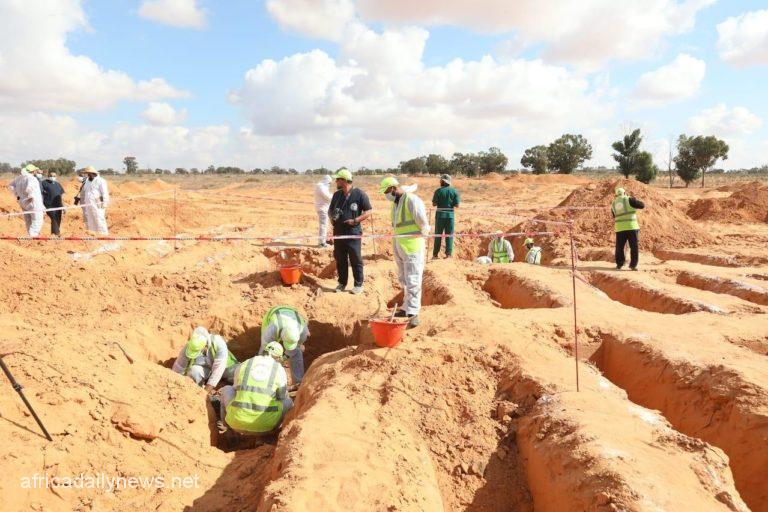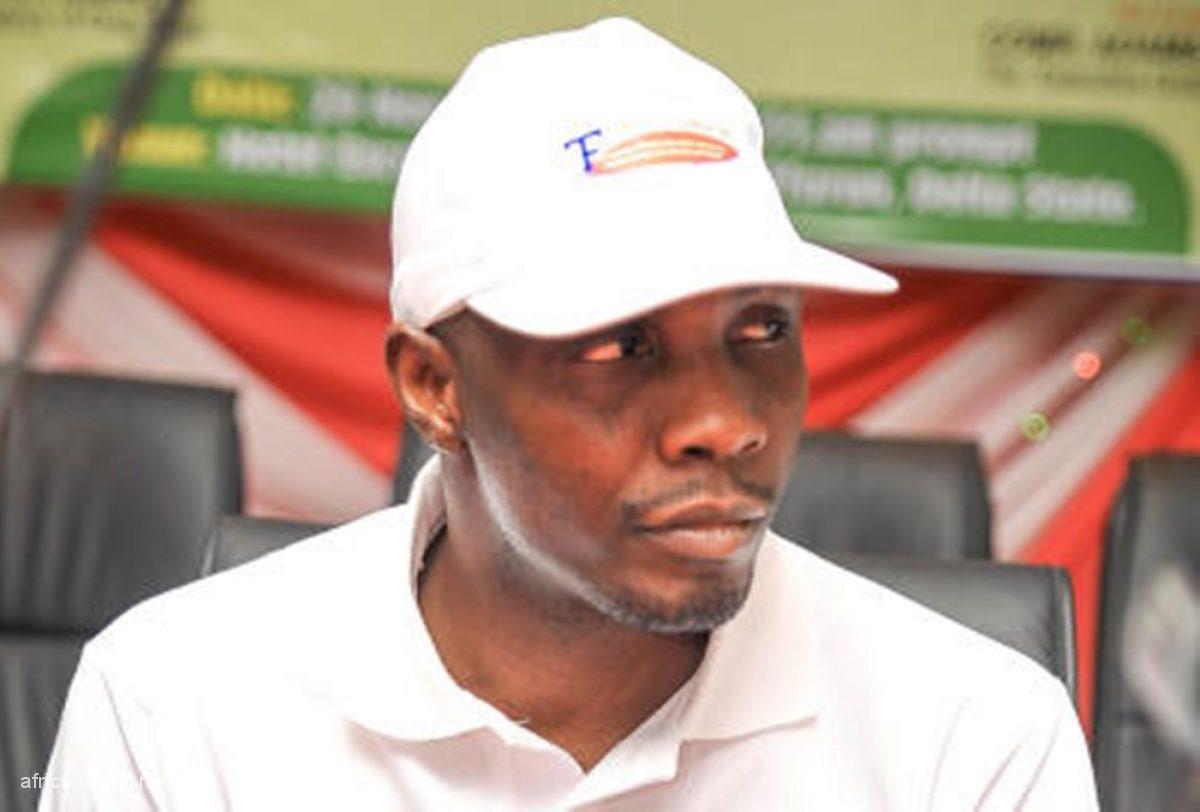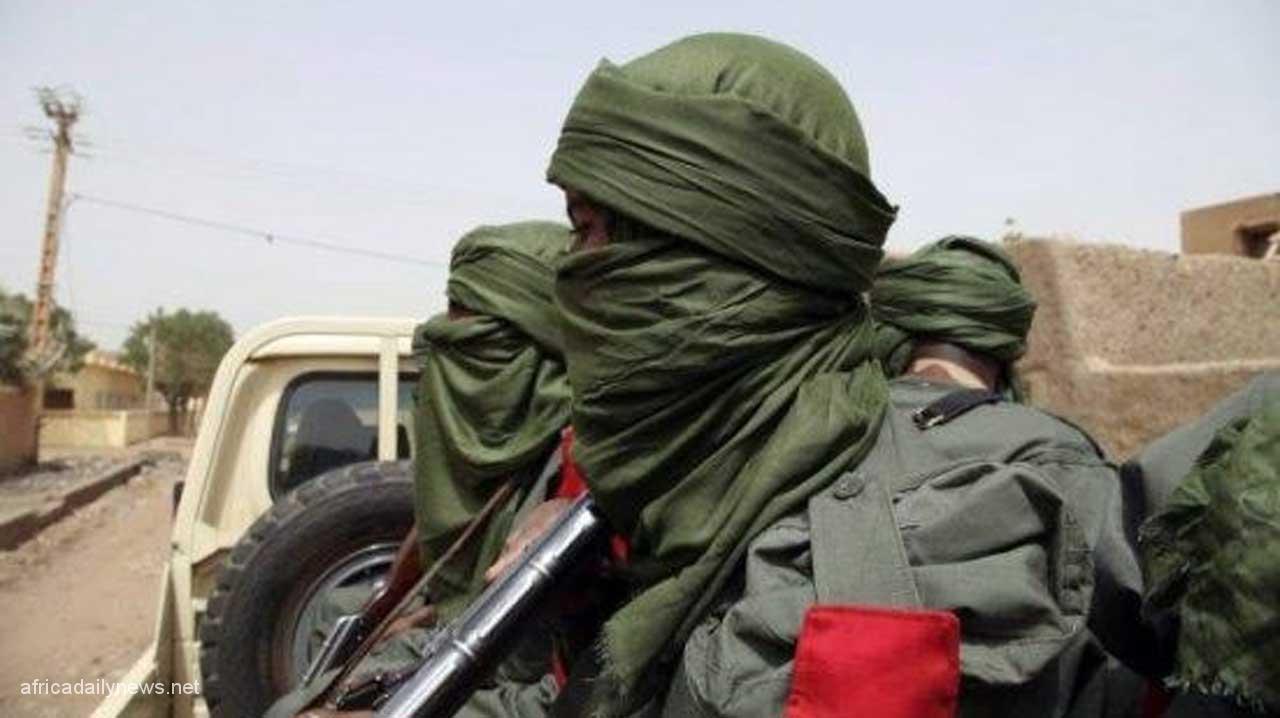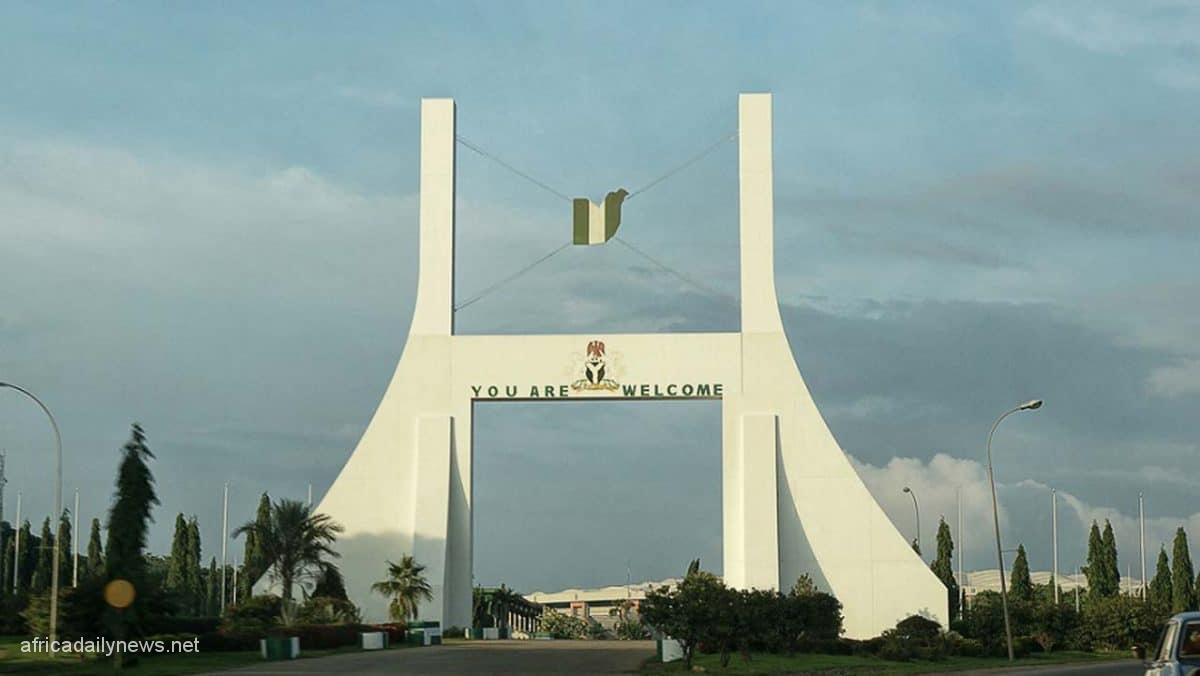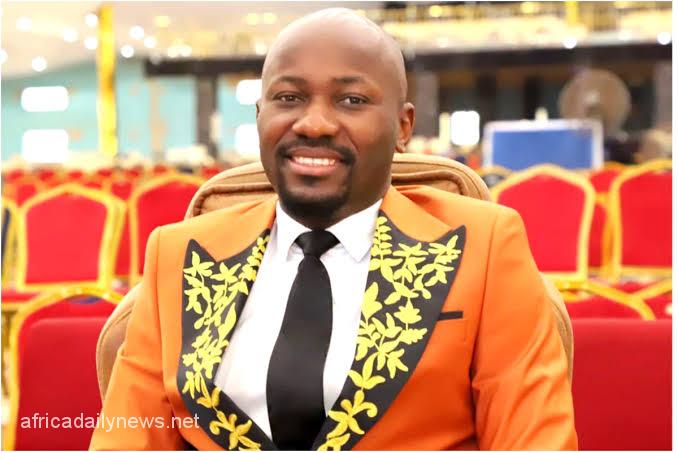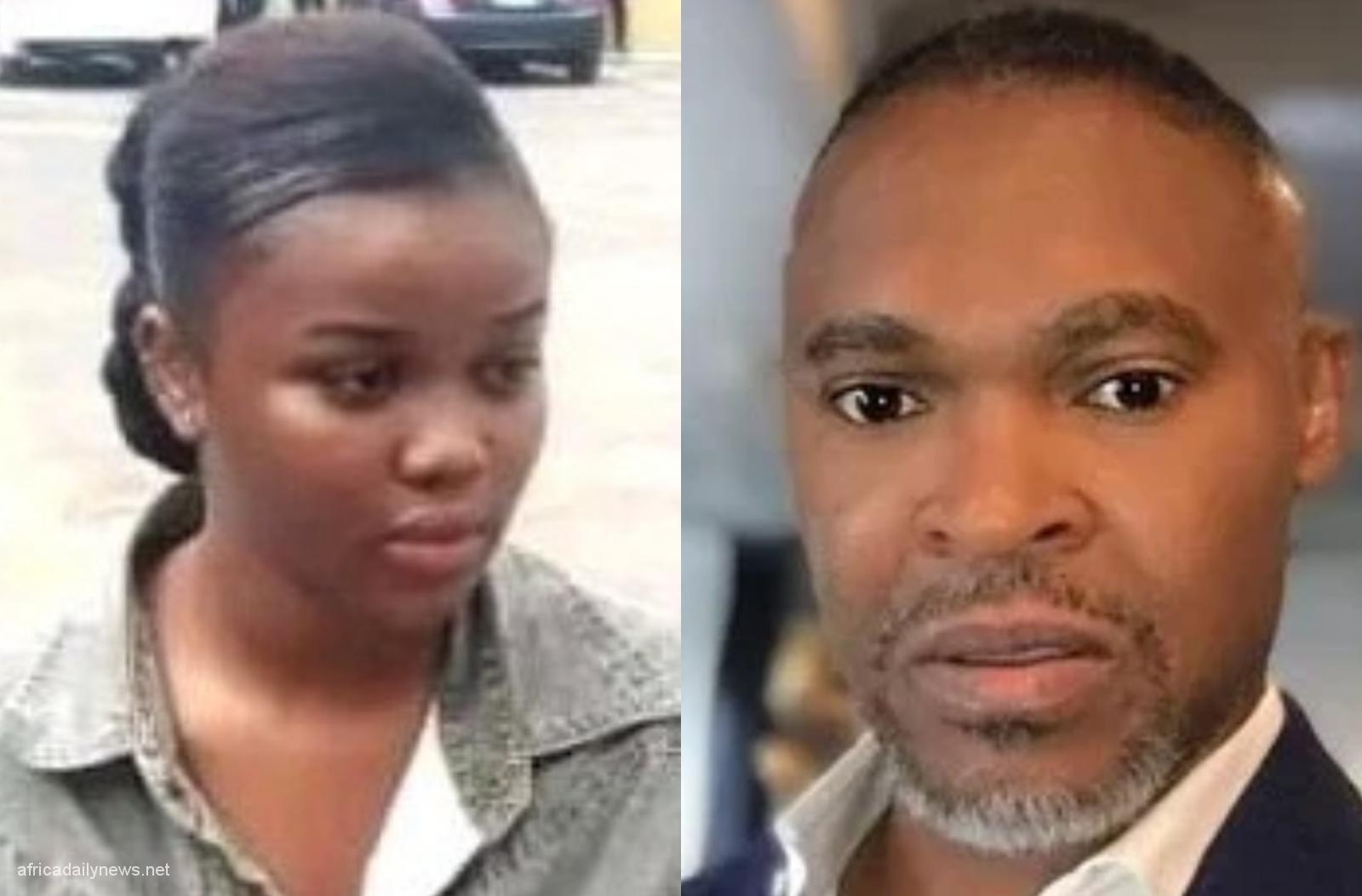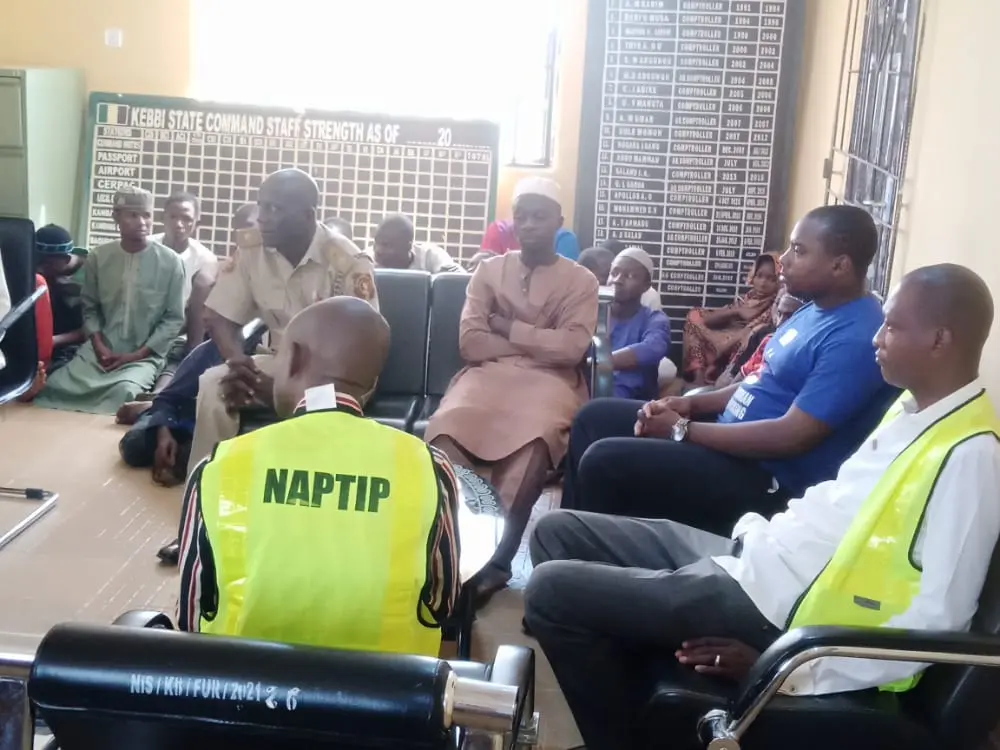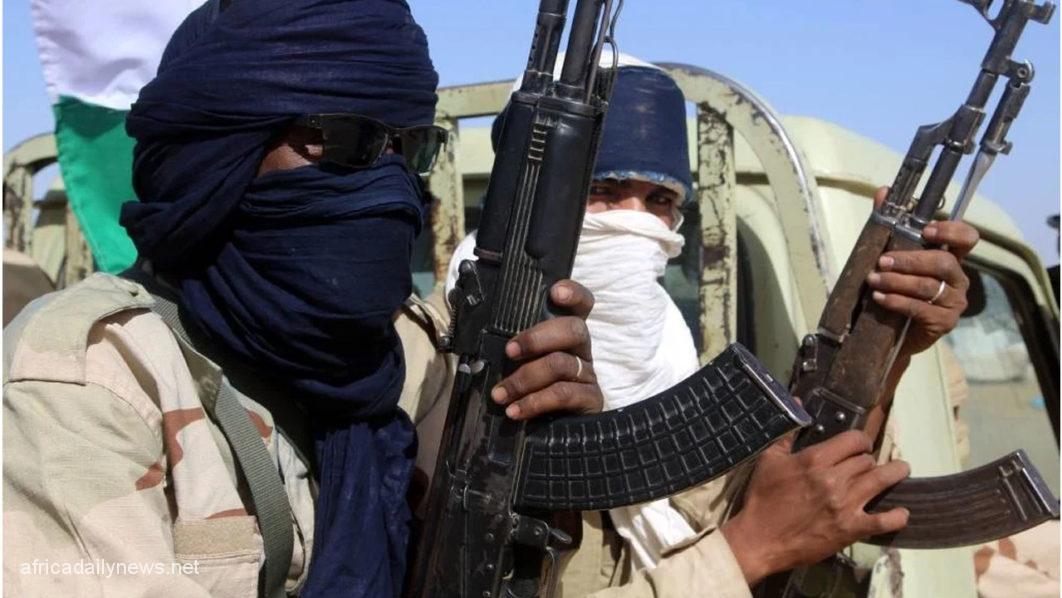Fresh reports reaching the desk of Africa Daily News, New York has revealed that up to forty-two bodies have been discovered lying in a mass grave which was located in the Libyan city of Sirte which is an ex-stronghold of the Islamic State group.
Exhumation teams had also reportedly unearthed some “42 unidentified bodies” after following up on reports of a “mass grave” at the site of a former school in Sirte, the authority said.
Read Also: 131 Nigerians Repatriated From Libya Land In MMIA
“DNA samples have been taken for analysis in coordination with the office of forensic medicine,” it added, without elaborating further.
Sirte, which is also a central coastal city who had also held by IS between 2015 and 2016, as it exploited the chaos which had been engulfing much of Libya in the wake of the 2011 overthrow and killing of dictator Moamer Kadhafi in a NATO-backed uprising.
The jihadist group had been dislodged by forces loyal to the then Government of National Accord in December 2016 after some months of intense house-to-house fighting.
In October 2017, a grave containing the bodies of 21 Coptic Christians, executed by the jihadists two years earlier, was uncovered near the Mediterranean city and another mass grave with the remains of 34 Ethiopian Christians was discovered near Sirte in December 2018 after more than three years after IS published a video showing its personnel executing at least 28 men described as Ethiopian Christians.
In another reports, some deadly clashes between supporters of Libya’s rival governments have left no fewer than 32 people dead, the health ministry confirmed Sunday in a new toll, after a fierce battle that sparked fears of major new conflict.
Africa Today News, New York gathered that armed groups had exchanged gunfire that left several hospitals damaged while settings several buildings on fire.
Many analysts have pointed out that this is the worst fighting in the Libyan capital since a landmark 2020 ceasefire.
The fighting came after months of mounting tensions between backers of Abdulhamid Dbeibah and Fathi Bashagha, whose rival administrations are vying for control of the North African country which has seen more than a decade of violence since a 2011 uprising.

